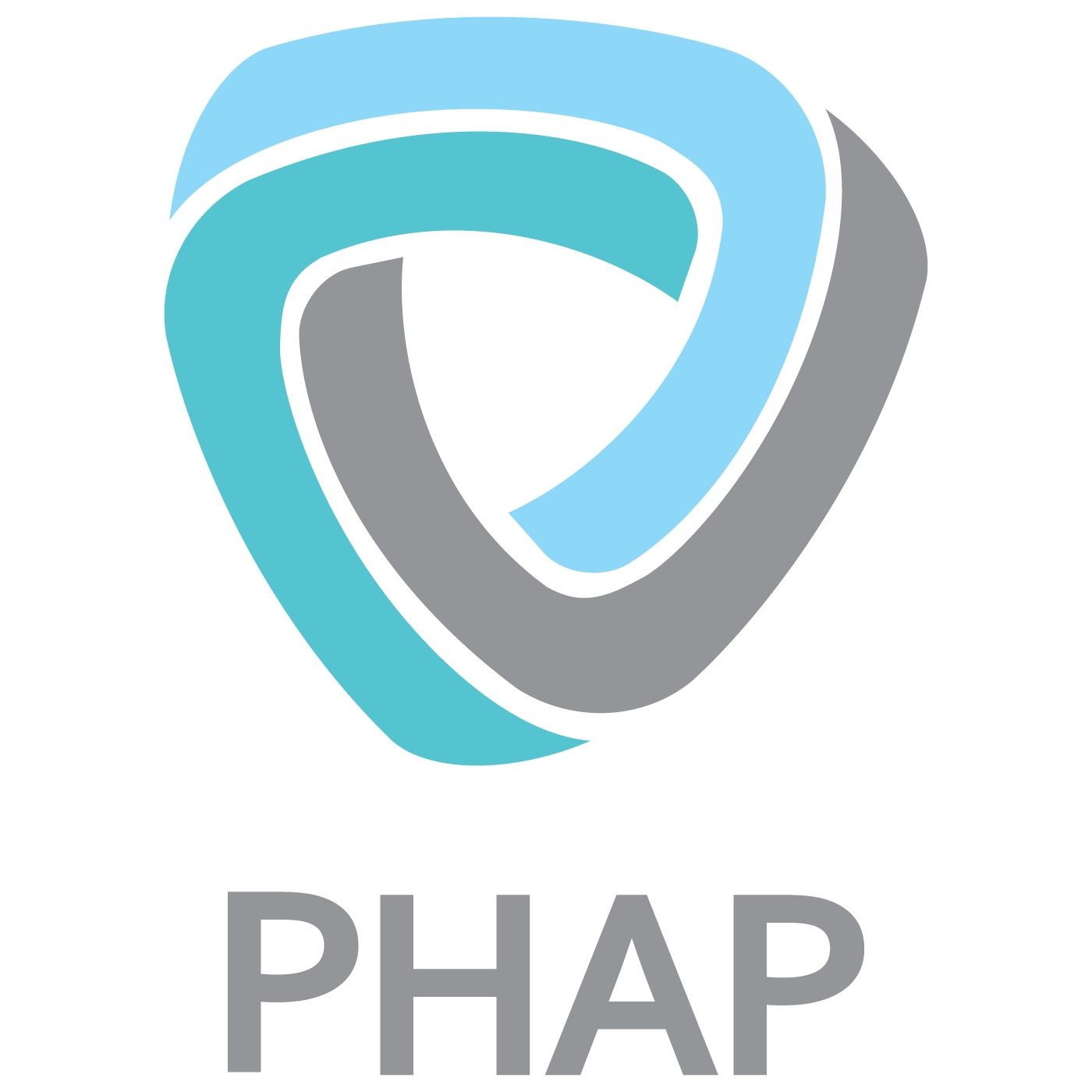The critical role of ethics in forced migration research
Description
Research on forced migration provides critical input into the processes that help shape policy on displacement and humanitarian response. On that account, researchers should directly engage refugees, other forcibly displaced groups, and the communities that host them. The self-representation of refugees is a principle that has recently been reaffirmed through the discussions around the Global Compact on Refugees, as well as other processes.
However, directly involving vulnerable populations in research comes with ethical considerations for researchers, as well as for “gatekeepers” to forced migrant populations and the forced migrants themselves. These include unequal power relations, legal precariousness, extreme poverty, violence, the criminalization of migration, and politicized research contexts, among others. To help navigate these kinds of situations, the International Association for the Study of Forced Migration (IASFM) adopted a Code of Ethics in 2018, which provides a starting point for active, critical engagement with ethical issues in forced migration research.
On 10 December, UNHCR, IASFM, PHAP, and the Global Academic Interdisciplinary Network (GAIN) organized a webinar in which we discussed the particular ethical challenges faced in researching situations of forced migration, how these relate to the application in practice of the principle of “do no harm”, and the IASFM Code of Ethics. We heard from researchers, a refugee post-graduate student, as well as a camp manager, who shared their experience and exchanged views on these questions.
Read more on https://phap.org/10dec2020
More Episodes
While both climate finance and humanitarian response aim to address the negative effects of climate change, they have different mechanisms and distinct forms of financing, resulting in poor coordination. Improving coordination between these two sectors is needed to help close the considerable...
Published 07/06/23
Published 07/06/23
What is needed to move beyond consulting and listening to people affected by crises to ensure their representation and influence in decision-making forums? Join us on Tuesday, 13 December 2022, to explore how we can collectively build greater trust in our responses through genuine participation...
Published 12/13/22


